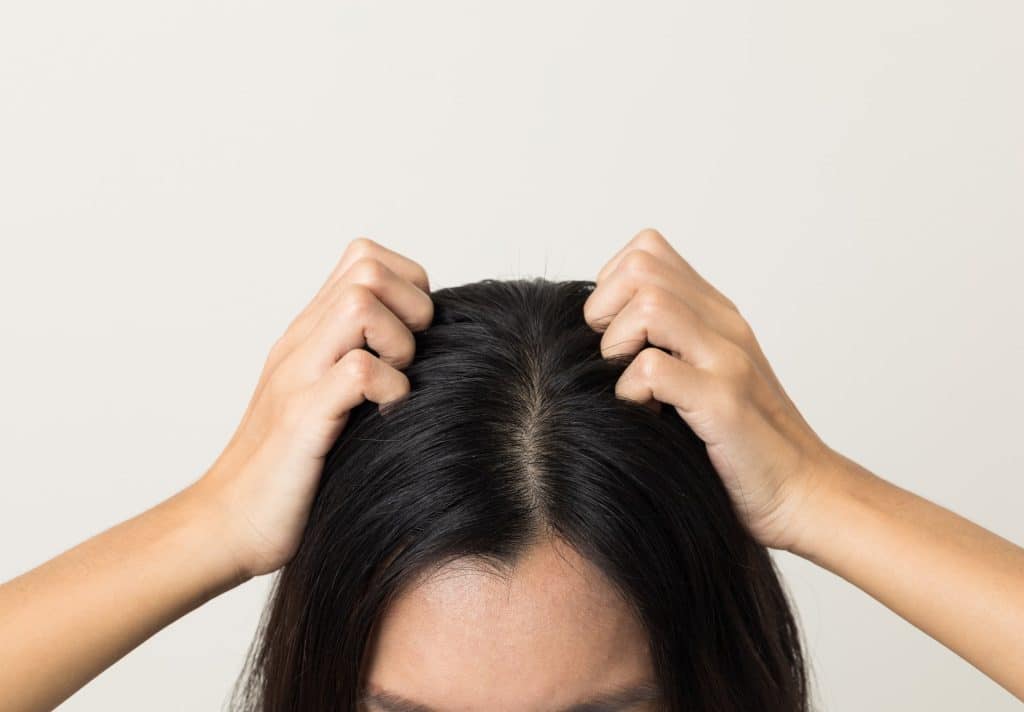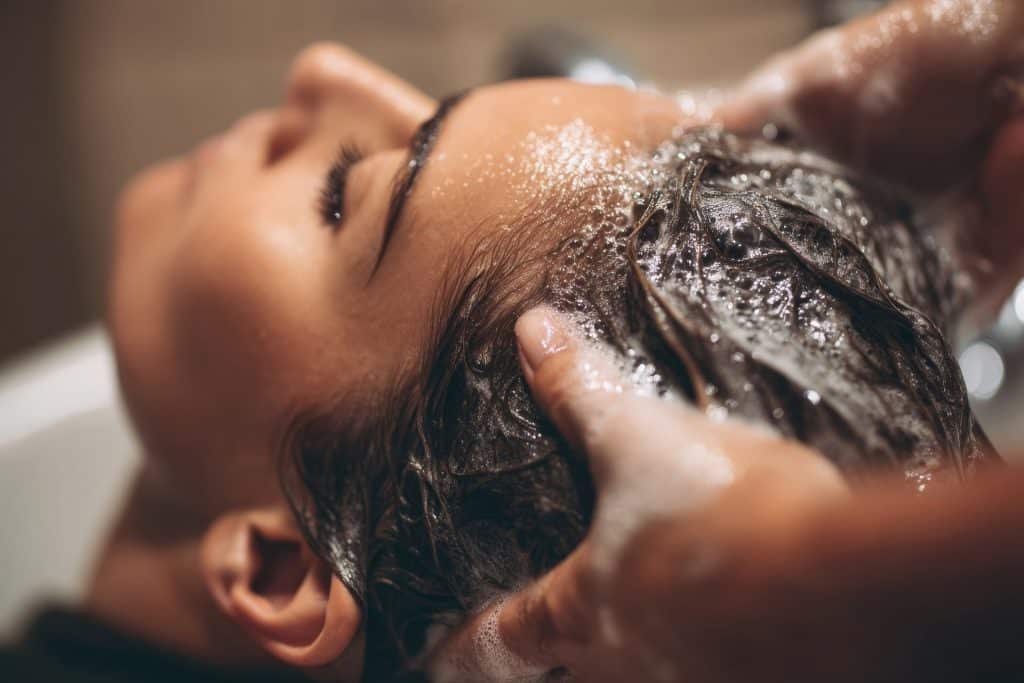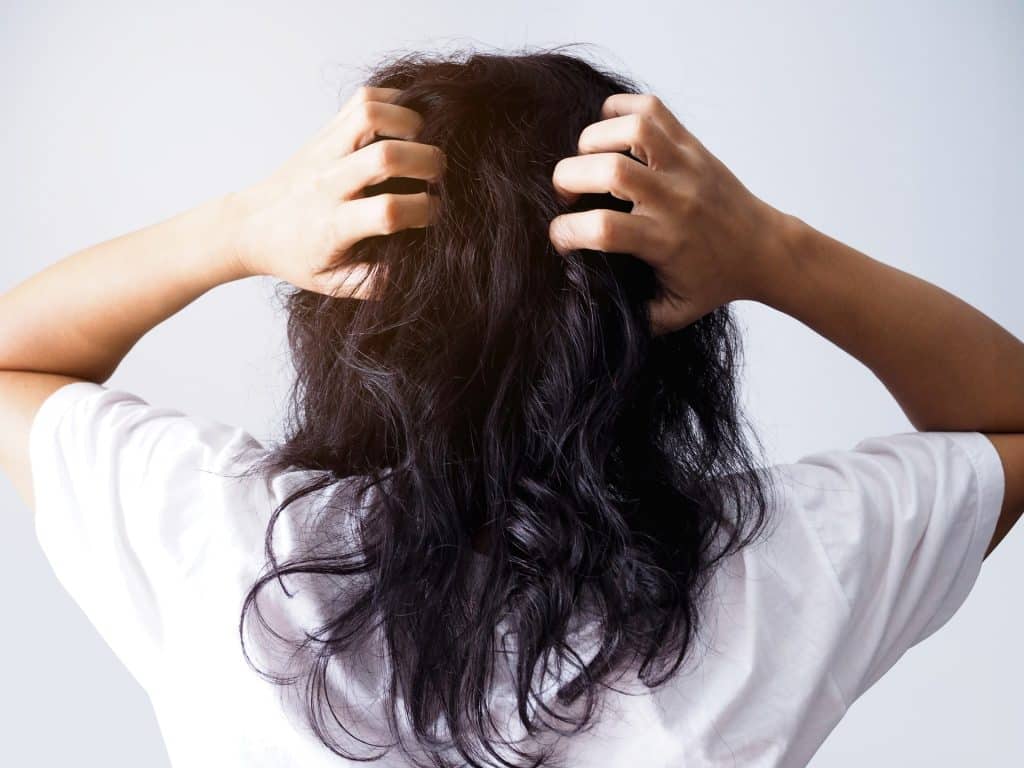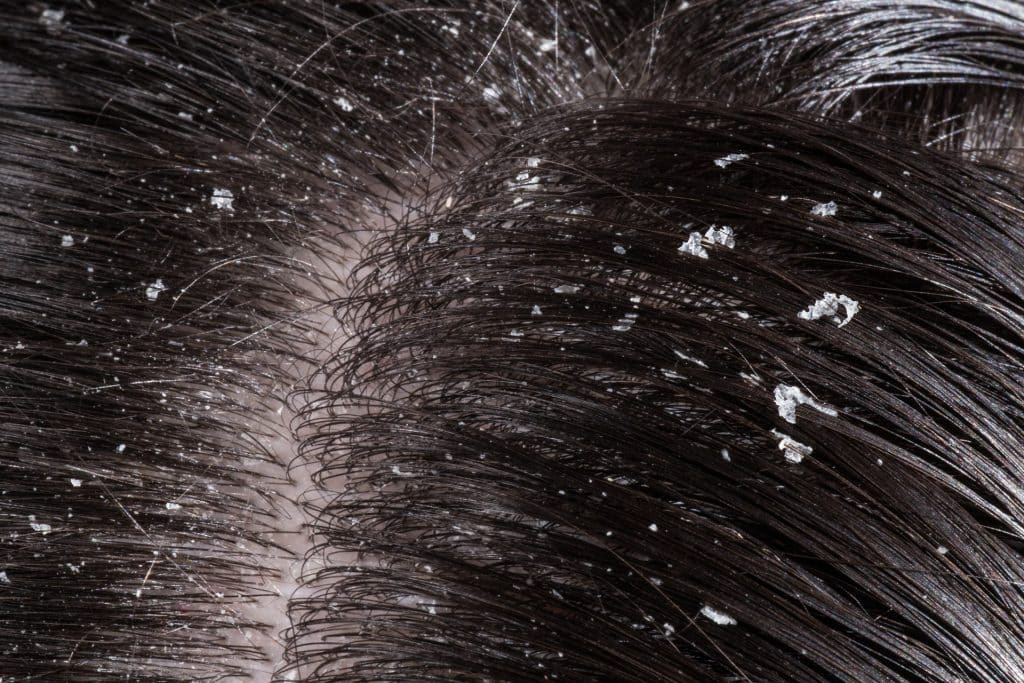Individuals with scalp psoriasis are often well aware of conventional biological triggers that lead to flare-ups. However, the role of stress is less understood.
Does stress aggravate scalp psoriasis, or is its impact negligible? This article will explore just how stress impacts scalp psoriasis, and available treatments.
The Connection Between Stress and Scalp Psoriasis
Stress has long been identified as a potential trigger for many health conditions, including scalp psoriasis. Psoriasis is an autoimmune disorder, and when stress is introduced, the immune system may respond abnormally, leading to inflammation and flare-ups.
In fact, research has shown that people with scalp psoriasis often experience an exacerbation of symptoms during periods of high stress. Stress can affect psoriasis in a variety of ways, including:
- Immune system disruption: Stress can activate the body’s stress response, triggering inflammation and an overactive immune system. A disrupted immune system will cause skin cells to multiply rapidly, leading to psoriasis plaques on the scalp.
- Hormonal changes: Stress hormones like cortisol can disrupt normal hormone balances, triggering or worsening psoriasis symptoms.
- Lifestyle factors: When stressed, people may neglect healthy habits like proper sleep, nutrition, and skincare. These factors contribute to the worsening of psoriasis.
Thus, stress management is key in controlling flare-ups and maintaining overall skin health.
Treatments for Scalp Psoriasis
Stress management techniques
Practising stress management techniques in your daily routine can help reduce flare-ups. Some methods include:
- Mindfulness and meditation: These practices can reduce stress and help calm your mind, potentially reducing psoriasis flare-ups.
- Deep breathing exercises: Deep breathing exercises activate the body’s relaxation response, reducing cortisol levels and alleviating stress.
- Yoga: Yoga has physical and mental benefits. It can help improve circulation, relax the body, and lower stress levels, potentially improving psoriasis symptoms.
Psoriasis Rescue
While managing stress is crucial, addressing the physical symptoms of scalp psoriasis is also essential. TrichoLab’s Psoriasis Rescue can help control symptoms, soothe flare-ups, and prevent future episodes.
This treatment combines the benefits of a nourishing scalp mask and a soothing fluid to deeply moisturise and soothe the scalp while effectively removing scales, alleviating itchiness, and promoting a healthier scalp environment.
Knowing you’re taking steps to address your psoriasis could very well make you feel better about yourself and, indirectly, reduce stress.
A consistent scalp care routine
A daily scalp care routine can enhance the results of treatment and prevent your scalp psoriasis from worsening. This routine should include:
- Gentle cleansing: Use a mild shampoo specifically formulated for psoriasis to cleanse the scalp without irritating it. Avoid harsh shampoos with sulfates or fragrances.
- Moisturising: After washing your hair, use a moisturising scalp treatment to keep the skin hydrated and prevent dryness.
- Avoid scratching: Although itching can be intense, scratching can wipe the condition and cause further irritation. Try applying cooling treatments or soothing oils to ease discomfort.
Lifestyle Changes for Long-term Benefits
If you believe stress is triggering your scalp psoriasis, you might want to consider some lifestyle changes. These require changes to your everyday routine and may require some practice. Over time, though, they can be incredibly useful.
Develop a relaxing daily routine
Set aside time each day for activities that help you unwind, such as reading, listening to music, or walking in nature.
Reduce caffeine and alcohol consumption
Caffeine and alcohol are known to stimulate the nervous system and can contribute to stress. Reducing your intake of these substances may help lower your overall stress levels.
Prioritise self-care activities
Engage in activities that nourish both your body and mind. Being mindful of your mental and physical condition can go a long way in managing stress.
Seek support through groups and communities
Support communities, online or in-person, can be a source of valuable emotional support. Exchanging experiences with others who understand the challenges of managing psoriasis can help alleviate stress.
Treatment for Scalp Psoriasis in Singapore
Stress can indeed aggravate scalp psoriasis by triggering flare-ups and increasing inflammation. However, with stress management techniques and effective treatments, you can manage your condition and reduce the impact of stress on your skin health.
At TrichoLab, we provide various treatments for hair and scalp conditions, including scalp psoriasis. Our scalp specialists ensure that each individual receives the best possible care based on their personal needs. If you need help managing scalp psoriasis, please book an appointment with us.




